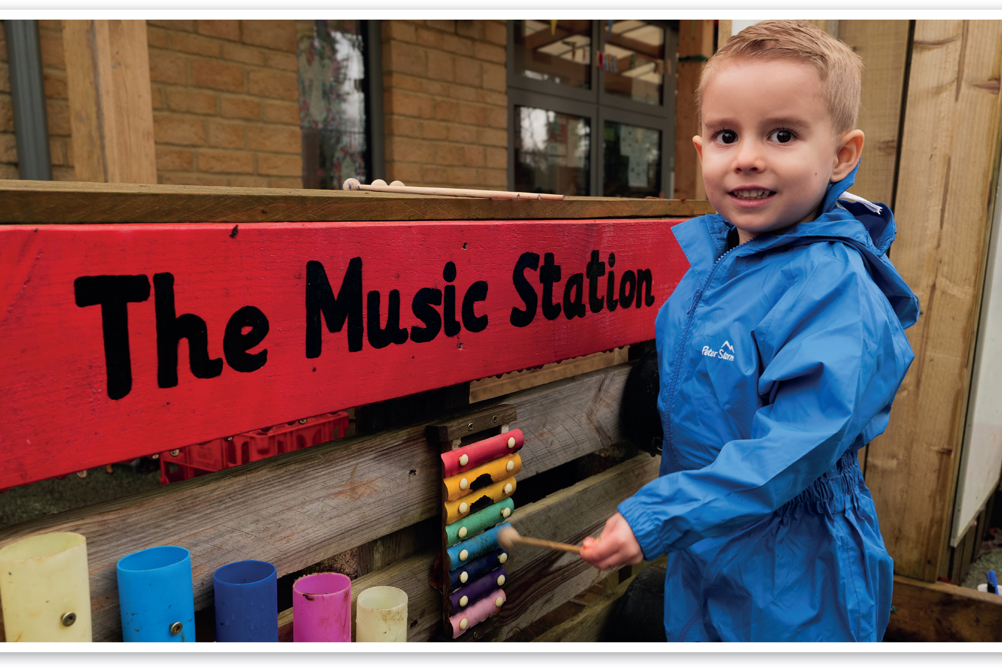
You may not think of yourself as a researcher, but being an early years educator gives you quite a lot of knowledge about research. Working in an early years setting means using observations and analysing different types of data to understand children's progress in order to support their learning journey. Reflective practitioners observe and evaluate their own practice. Assess, plan, do, review, which you may have used to plan special needs support, is an action research cycle.
Early years educators who are well versed in researchful practice (i.e., ‘research-informed and research-active teaching’, (Giampapa and Lee 2022)) are able to base their decisions on evidence which relates directly to their own cohort of children, alongside evidence from external research.
Register now to continue reading
Thank you for visiting Nursery World and making use of our archive of more than 35,000 expert features, subject guides, case studies and policy updates. Why not register today and enjoy the following great benefits:
What's included
-
Free access to 4 subscriber-only articles per month
-
Unlimited access to news and opinion
-
Email newsletter providing activity ideas, best practice and breaking news
Already have an account? Sign in here









